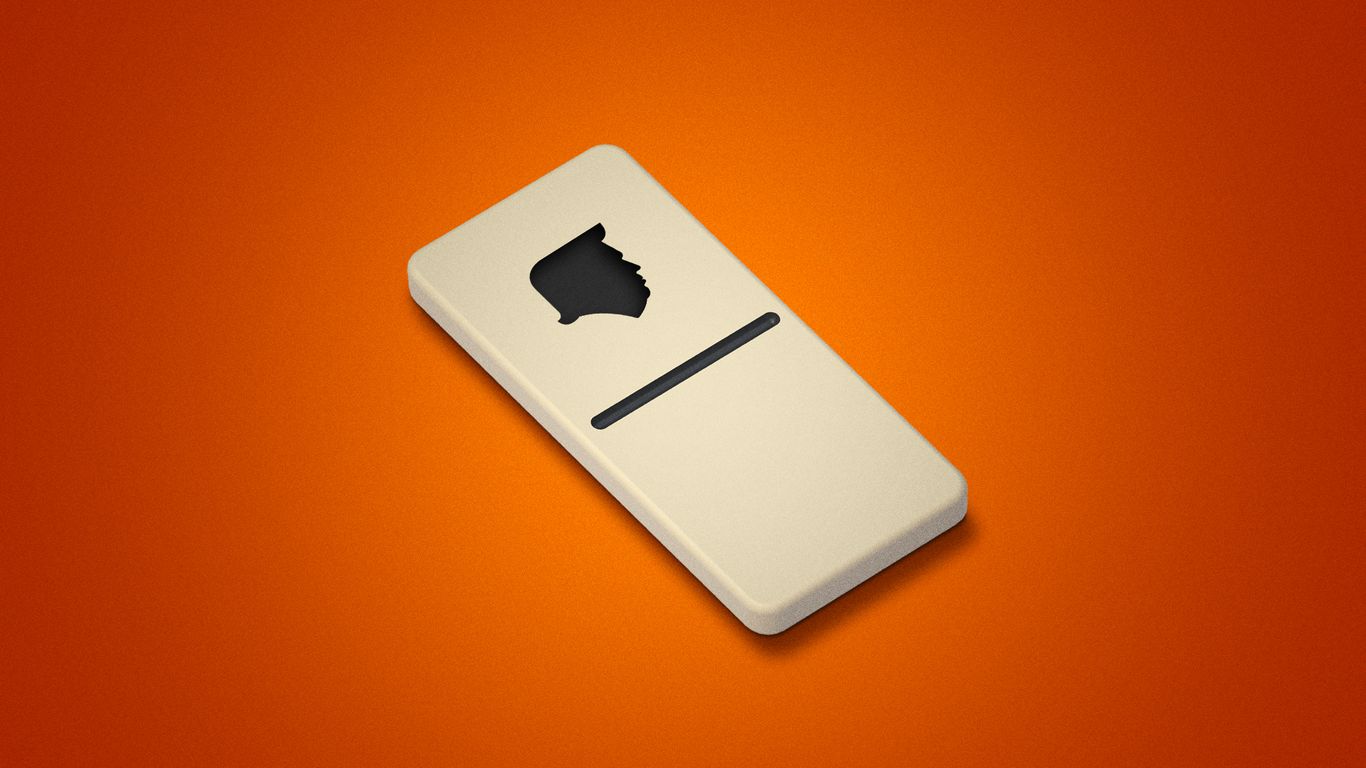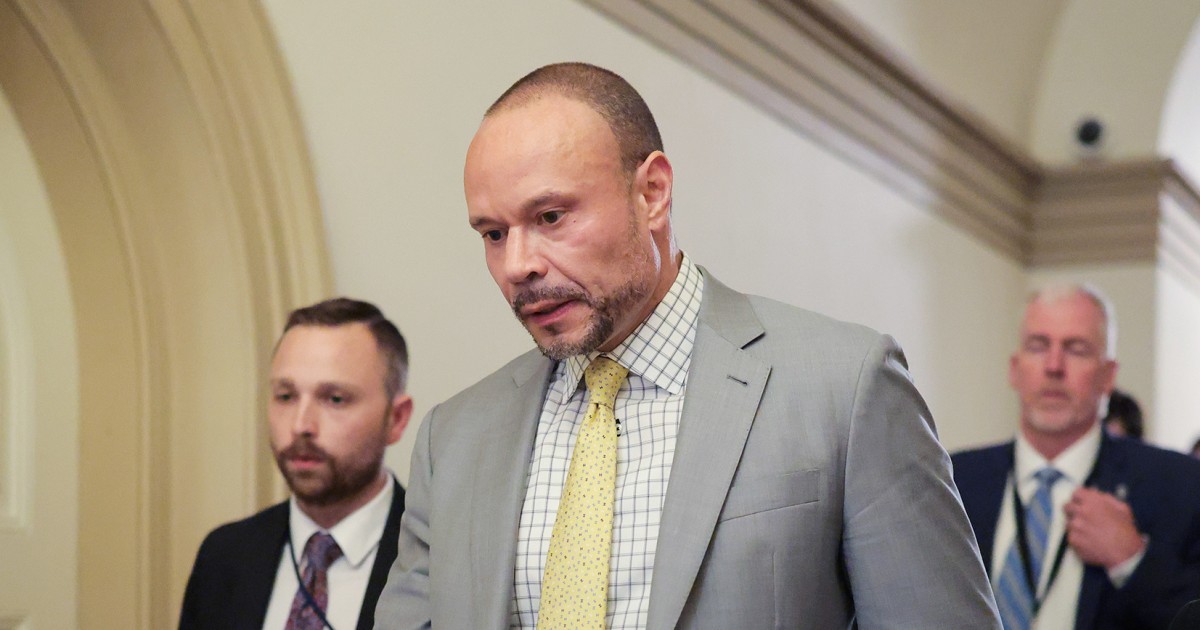John Bolton's Legal Case: Indictment, FBI Probe, and Political Reactions
#bolton #indictment #classified_info #fbi #justice_department

Introduction to John Bolton's Legal Situation
John Bolton, former national security adviser to President Donald Trump, has pleaded not guilty to 18 criminal charges involving the mishandling of classified information. The charges accuse Bolton of unlawfully retaining and transmitting sensitive national defense documents, some reportedly shared with family members during the writing of a book about his White House tenure.
Details of the Indictment and Investigation
The indictment, filed in Maryland, alleges Bolton used personal email and messaging platforms to share highly classified information, including intelligence on foreign adversaries and covert operations. The FBI search of Bolton’s Maryland home and Washington office led to the seizure of documents marked classified. Prosecutors say the files contained top-secret information, and Bolton’s communication with relatives referred to them as his "editors" in the book project.
Bolton's Response and Broader Implications
Bolton denies wrongdoing, claiming the charges are politically motivated and part of an effort to intimidate critics of former President Trump. The case highlights ongoing concerns about the handling of classified materials by former officials and the Justice Department’s approach to politically sensitive investigations.
About the People Mentioned
John Bolton
John Bolton is an American attorney and government official known for his long career in Republican administrations and a consistently hardline approach to U.S. foreign policy. Born on November 20, 1948, in Baltimore, Maryland, he graduated summa cum laude from Yale University (B.A.) and later earned his J.D. from Yale Law School[2]. Bolton began his public service in the early 1980s under President Ronald Reagan, holding positions at the U.S. Agency for International Development and as Assistant Attorney General (1985–1989)[1]. He served as Assistant Secretary of State for International Organization Affairs under President George H.W. Bush (1989–1993)[1][2]. During the George W. Bush administration, Bolton was appointed Under Secretary of State for Arms Control and International Security (2001–2005), where he supported U.S. withdrawal from the Anti-Ballistic Missile Treaty and opposed the International Criminal Court[1]. His nomination as U.S. Ambassador to the United Nations was controversial; facing bipartisan Senate opposition, he was installed via a recess appointment in August 2005, serving until December 2006[1][3]. At the UN, Bolton was known for his blunt, confrontational style, famously remarking that the Secretariat building “has 38 stories. If it lost 10 stories today, it wouldn’t make a bit of difference”[3]. His tenure was marked by tensions with UN officials and allies, and he achieved few major diplomatic breakthroughs[3]. Bolton returned to private life as a commentator, notably for Fox News, where he advocated aggressive stances on Iran and North Korea[3]. In April 2018, President Donald Trump appointed him National Security Advisor, a role he held until September 2019[1][5]. During this period, Bolton was a vocal advocate for a tough line on Iran, Venezuela, and North Korea, but his tenure ended abruptly amid reported policy disagreements with the president[1]. Since leaving government, Bolton has remained a prominent conservative voice, authoring books and frequently commenting on foreign policy. His memoirs, including “The Room Where It Happened,” have been notable for their critical insider accounts of the Trump administration. Bolton continues to influence foreign policy debates through media appearances and writings, maintaining relevance as a staunch advocate for assertive American global leadership[6].
Donald Trump
Donald John Trump, born June 14, 1946, in Queens, New York, is an American businessman, media personality, and politician. He graduated from the University of Pennsylvania’s Wharton School in 1968 with a degree in economics. In 1971, he took over his family’s real estate business, renaming it the Trump Organization, through which he expanded into building and managing skyscrapers, hotels, casinos, and golf courses. Trump gained widespread fame as the host of the reality TV show *The Apprentice* from 2004 to 2015, which helped establish his public persona as a successful entrepreneur. Trump entered politics as a Republican and was elected the 45th president of the United States, serving from 2017 to 2021. His presidency was marked by significant policy actions including tax cuts, deregulation, the appointment of three Supreme Court justices, renegotiation of trade agreements (notably replacing NAFTA with the USMCA), and a focus on immigration control including border wall expansion. He withdrew the U.S. from international agreements such as the Paris Climate Accord and the Iran nuclear deal, and engaged in a trade war with China. His administration’s response to the COVID-19 pandemic was criticized for downplaying the virus’s severity. Trump was impeached twice by the House of Representatives—first in 2019 for abuse of power and obstruction, and again in 2021 for incitement of insurrection—but was acquitted by the Senate both times. After losing the 2020 election to Joe Biden, Trump challenged the results, culminating in the January 6, 2021, Capitol riot. He remains a central figure in American politics, having won the 2024 presidential election and returned as the 47th president in 2025, continuing to promote policies aimed at economic growth, border security, and military strength[1][2][3][4].
About the Organizations Mentioned
FBI
The Federal Bureau of Investigation (FBI) is a premier law enforcement agency in the United States, renowned for its role in protecting the nation from domestic and international threats. Founded on July 26, 1908, as the Bureau of Investigation, it was initially tasked with addressing land fraud and corporate malfeasance under President Theodore Roosevelt[1][2]. Over time, its mandate expanded significantly, particularly with the passage of the Mann Act in 1910, which allowed federal jurisdiction over certain moral offenses[1][4]. ### History and Evolution The FBI underwent significant transformation under J. Edgar Hoover, who became its director in 1924. Hoover implemented strict hiring standards and enhanced operational capabilities, transforming the agency into a robust investigative force[1][4]. The FBI's name was officially changed to the Federal Bureau of Investigation in 1935[5][6]. Throughout its history, the FBI has faced challenges, including concerns about potential abuses of power, but it has consistently demonstrated its value in national security and law enforcement[3][4]. ### Key Achievements The FBI has been instrumental in combating various crimes, including white-collar offenses, civil rights violations, and national security threats. Notable achievements include its role in enforcing the Espionage Act during World War I and its investigations into organized crime throughout the 20th century[2][4]. ### Current Status Today, the FBI is a sophisticated agency with over 37,100 employees, including special agents and professionals in various fields such as intelligence analysis and cybersecurity[5]. It operates in 55 field offices across the U.S. and has an international presence in 81 nations[5]. The FBI continues to evolve, addressing emerging threats like cybercrime and terrorism while maintaining its commitment to justice and integrity. ### Notable Aspects The FBI is known for its rigorous training programs at the FBI Academy in Quantico, Virginia, and its advanced forensic capabilities at the FBI Laboratory. Its work in business and technology includes
Justice Department
The United States Department of Justice (DOJ) is the principal federal agency responsible for enforcing federal laws, ensuring public safety, and protecting civil rights. Headquartered in Washington, D.C., the DOJ operates under the leadership of the Attorney General, who serves as a key member of the President’s Cabinet. As of 2025, Pam Bondi holds this position, having taken office in February and quickly shaping the department’s priorities. Established in 1870 during President Ulysses S. Grant’s administration, the DOJ’s roots trace back to the creation of the Attorney General’s office in 1789. Over the years, it has grown into a vast organization with more than 115,000 employees and over 40 component agencies, including the Federal Bureau of Investigation (FBI), Drug Enforcement Administration (DEA), and U.S. Marshals Service. The DOJ also houses specialized divisions for criminal, civil, antitrust, tax, civil rights, and national security matters, and oversees 94 U.S. Attorney offices nationwide. The DOJ’s mission centers on upholding the rule of law, safeguarding national security, and defending civil liberties. In 2025, the department has shifted its enforcement focus, prioritizing areas such as healthcare fraud, customs and tariff evasion, and corporate misconduct, especially involving foreign adversaries and financial gatekeepers. Recent policy changes have emphasized efficiency in investigations and reduced reliance on corporate compliance monitors, reflecting a broader effort to minimize regulatory burdens on businesses. Notably, the DOJ has also been tasked with reviewing past government conduct to address concerns about the “weaponization” of federal agencies, ensuring accountability and restoring public trust. For business and technology leaders, the DOJ’s evolving priorities—particularly in areas like cybersecurity, antitrust, and international trade—have significant implications for compliance, risk management, and corporate governance.



















